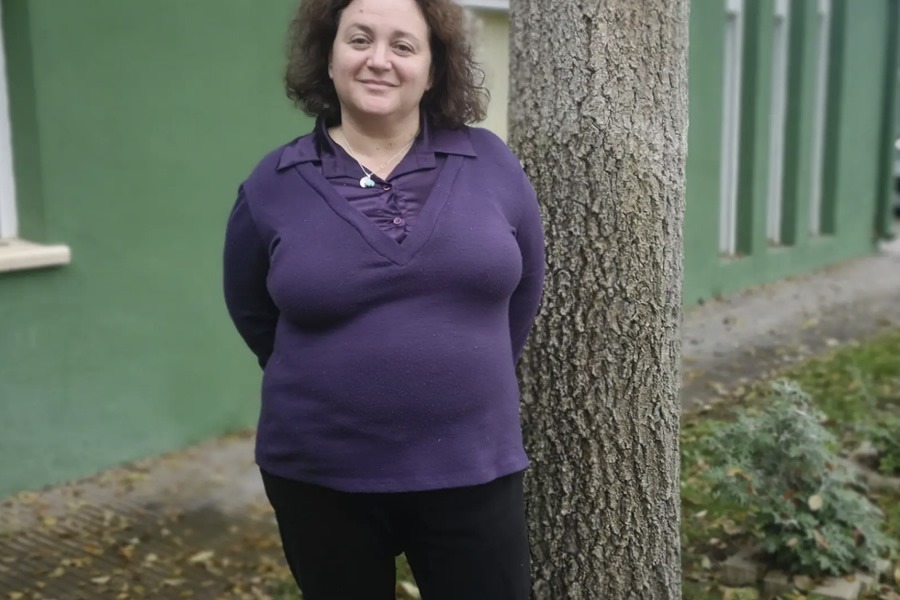
The Centro de Investigación y Tecnología Agroalimentaria de Aragón (CITA) is leading an ambitious project to improve nutrition in several African countries. Within the framework of the European HealthyDiets4Africa (HD4A) initiative, the organisation is developing and testing new food products aimed at combating malnutrition in Côte d'Ivoire, Cameroon and, soon, Uganda.
Since last May and until the end of July, CITA researchers, in collaboration with the organisation Africa Rice, have been evaluating the acceptance of biofortified foods such as Orilux rice and biscuits made with rice enriched with local plants such as moringa, bissap or baobab. These ingredients, rich in calcium, iron and protein, have been selected for their potential to improve diets in vulnerable communities.
The initiative, coordinated by agri-food economist Tiziana de Magistris, focuses on analysing the nutritional impact of these products on different population profiles. Around 2,000 people will participate in the trials, including schoolchildren - who will consume the biscuits as a healthy alternative to regular snacks - and adults, some with diabetes, who will try different versions of Orilux rice, characterised by its low glycaemic index.
The project has a multidisciplinary approach. Alongside the CITA team, researchers from Africa Rice and professors from the University of Dschang (Cameroon), such as Professor Mube Kuietche, are taking part. Also collaborating are specialists such as Sali Atanga, Erasmus Nchuaji Tang and Edgar E. Twine, as well as the young researcher Armel Rodríguez, linked to CITA.
After initial experiments in Côte d'Ivoire and Cameroon, the team will replicate part of the studies in Uganda, where the products could also have a relevant application. The trials aim to determine not only the nutritional value of the foods, but also their cultural acceptability and their viability as part of the regular diet.
HealthyDiets4Africa, funded by the Horizon Europe programme, covers a five-year period and eight African countries. It aims to diversify food systems, improve public health and promote sustainable agricultural practices on the continent.
Source: hd4a.eu; cita-aragon.es
